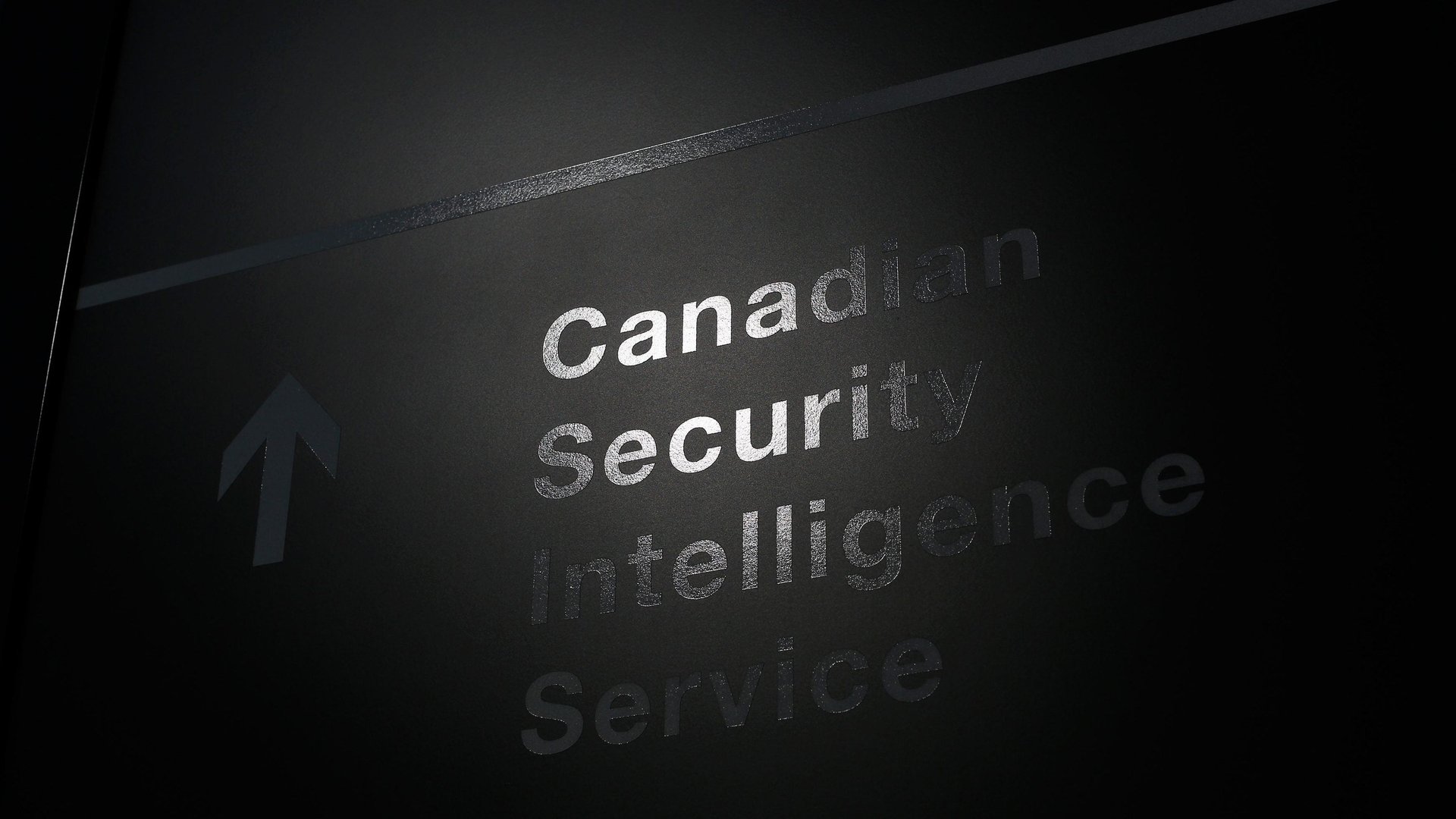Spying and propaganda are now greater challenges than terrorism, Canada’s spy chief says
Canadian spy chief David Vigneault said this week his agency is more consumed by fighting foreign interference, spying, and cyber threats than terrorism, marking a major shift in challenges since the 9/11 attacks upended national security priorities in 2001.


Canadian spy chief David Vigneault said this week his agency is more consumed by fighting foreign interference, spying, and cyber threats than terrorism, marking a major shift in challenges since the 9/11 attacks upended national security priorities in 2001.
“Terrorism has understandably occupied a significant portion of our collective attention for almost two decades,” Vigneault, director of the Canadian Security Intelligence Service (CSIS), told the Economic Club of Canada on Dec. 4. “Nevertheless, other national security threats—such as foreign interference, cyber threats, and espionage—pose greater strategic challenges and must also be addressed.”
Concerns about rogue powers’ ability to disrupt the fabric of Western societies have skyrocketed since Russia’s attack on the 2016 US election, using a mixture of hacking, media manipulation, and old-fashioned spycraft. Vigneault noted that “activities by hostile states can have a corrosive effect on our democratic systems and institutions.”
At the same time, countries like China have accelerated their economic growth by hacking Western businesses. Vigneault highlighted the threats to Canadian enterprise and intellectual property posed by espionage and cyberattacks in his speech, which was aimed at business leaders. He pointed to a particular spike in espionage in fields crucial to China’s growth, including A.I., quantum technology, 5G, biopharma, and clean tech.
“It’s difficult to put a dollar figure on how much advanced nations lose to state-sponsored economic espionage,” he said.